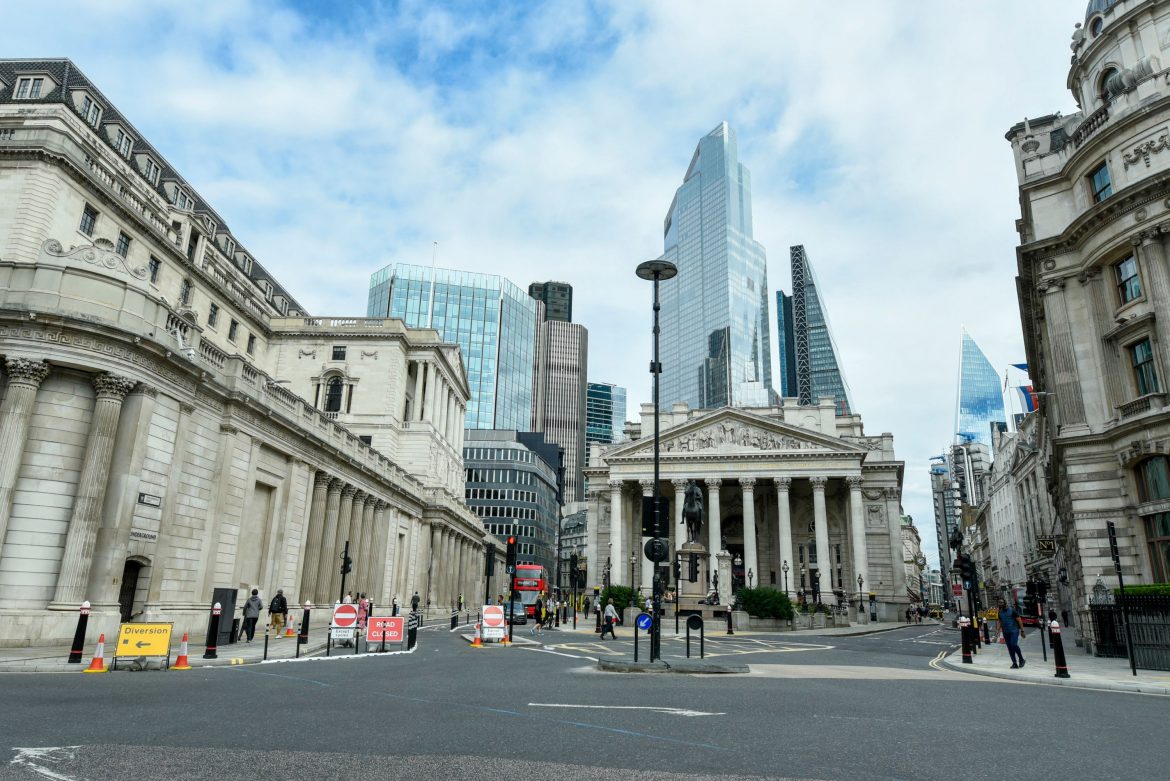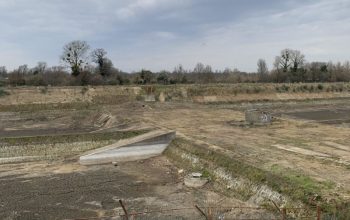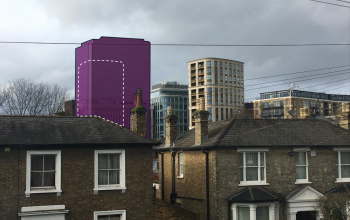Last week, the Bank of England (BoE) wrote to high street lenders asking if they would be ready for base interest rates to be cut to zero or even made negative.
The plans have not been confirmed but would likely come in spring, around the time of a possible economic recovery.
Speaking at a webinar on Sunday, the Governor of the Bank of England Andrew Bailey said: “Our assessment of negative interest rates, from the experience elsewhere, is that they probably appear to work better in a more wholesale financial market context, and probably better in a nascent economic upturn.”

The UK has never experienced negative rates, despite the policy being adopted by continental neighbours Denmark and the European Central Bank.
The potential intervention by the BoE would be intended not just to stimulate spending but also to control a fall in the value of sterling.
Dr Jennifer Churchill, senior lecturer of economics at the University of Kingston said: “It’s absolutely an attempt to try to help with the depressed economy but also to deal with deflation. Deflation is not a good situation at all. It’s because the relative value of people’s debt goes up as their wages fall.”
Consumers could have to pay to deposit cash
Under negative interest rates, the value of cash deposited into banks could decrease in value over time.
This would mean the public paying lenders to keep a hold of their money.
Churchill said: “It’s almost like you’re paying them a fee or they’re charging you for the luxury of keeping your money safe for you. So, you would end up with less a year later than you had in principle, in the first instance.”
Whether those rates go below zero is dependent on whether banks pass the base rate of interest onto the public.
The flip side of this would be inexpensive loans, the payments of which could decrease over time.
Churchill said: “The hope would be that it [the interest rate] would filter down so that loans are cheaper.”
Student Loan Repayments
Unfortunately for students, the move would apply to their loan repayments indirectly.
Student interest is equal to a measure of Retail Price Index (RPI) dependent on salary plus three per cent, a figure far higher than the base rate of 0.1 per cent.
“There wouldn’t be a direct feed through from a reduction in the base rates. There would only be a reduction if RPI, which is just one measure of inflation, went down, then there would be a reduction in the student rates,” Churchill added.
If a reduction did lead to the cost of student loans decreasing this would be in a context of deflation where wages would also fall.
This means that in real terms, graduates would not benefit unless they had a job with a higher than average salary.
How likely is it that negative interest rates will be introduced?
Whether or not the BoE adopts the policy is dependent on the state of the UK economy in spring.
The development of a vaccine by early next year would spell the end of the measure as it would likely kickstart recovery and encourage spending.
If the public health situation deteriorates and the value of sterling falls significantly, negative rates would become a very real possibility.
There is very little chance of them arriving in the next few months as many high street banks are not ready for them.
In a recent Bloomberg interview, Howard Davies the chairman of NatWest said: “We’re not completely ready for it. There would be technical issues and many contractual issues.”





